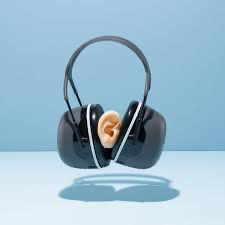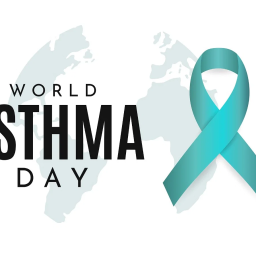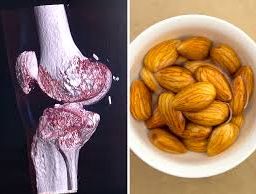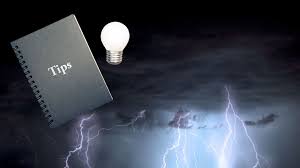
tropical storm safety tips: How to Protect Your Property and Avoid Risks
In times of uncertainty and potential danger, ensuring safety becomes paramount. Whether facing the threat of a tropical storm or any other emergency situation, being prepared and informed can make all the difference. In this guide, we’ll explore essential safety measures and tips to help you and your loved ones navigate through challenging times with confidence and resilience.
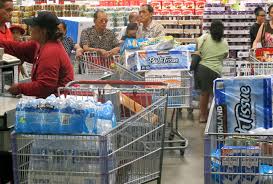
During a tropical storm, it is essential to have certain safety items readily available to ensure your safety and well-being.
Here is a list of safety items you should have on hand:
1. Non-perishable food: Stock up on canned goods, dry snacks, and food items that do not require refrigeration or cooking. Aim for a supply that can sustain you and your family for at least three days.
2. Drinking water: Store an ample amount of clean drinking water, accounting for one gallon per person per day. It’s crucial to have enough water for drinking, cooking, and basic hygiene.
3. Flashlights and extra batteries: Power outages are common during storms, so have multiple flashlights and a generous supply of batteries to ensure you have adequate lighting.
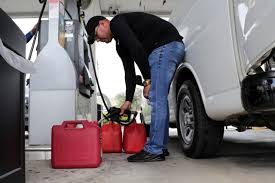
4. First aid kit: Prepare a well-stocked first aid kit with bandages, antiseptic solutions, medications, and any necessary medical supplies specific to your family’s needs.
5. Medications: Ensure you have an ample supply of prescription medications for each family member, along with any necessary over-the-counter medications, such as pain relievers or allergy medication.
6. Battery-powered radio: A battery-powered radio will allow you to stay updated on weather alerts and emergency broadcasts when other communication methods are compromised.
7. Manual can opener: If relying on canned food, make sure you have a manual can opener to access your food supplies.
8. Important documents: Keep important documents such as identification papers, insurance policies, passports, medical records, and copies of essential documents in a waterproof and easily accessible container.
9. Cash: Have some cash on hand in case electronic payment systems are unavailable during power outages or if you need to make emergency purchases.
10. Personal hygiene items: Include essential personal hygiene items like toilet paper, wet wipes, hand sanitizer, soap, and feminine hygiene products.

11. Extra clothing and blankets: Prepare extra clothing, including warm layers, as well as blankets or sleeping bags to keep you warm in case of extended power outages or evacuation.
12. Tools and supplies: Keep a basic toolkit with necessary tools, duct tape, plastic sheeting, and other supplies that may come in handy for minor repairs or improvisations.
13. Pet supplies: If you have pets, ensure you have an adequate supply of pet food, water, medications, and any necessary pet care items.
14. Entertainment and comfort items: Consider including books, board games, playing cards, or other forms of entertainment to keep yourself and your family occupied during the storm.
15. Portable Phone Charger: Invest in a portable charger or power bank to ensure you can charge your mobile devices and stay connected during power outages.
16. Whistle or Signal Device: Keep a whistle or other signaling device to attract attention in case of emergency or if you need to be rescued.
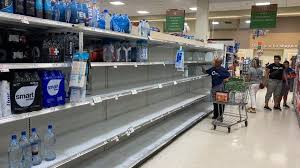
Remember, this list serves as a general safety guideline, and you should tailor it to meet the specific needs of your household. Stay safe and be prepared!
Disclaimer: The information provided in this content is for general informational purposes only. It is not intended as medical or healthcare advice, diagnosis, or treatment. Always seek the advice of a qualified healthcare professional with any questions you may have regarding a medical condition or healthcare decisions.










